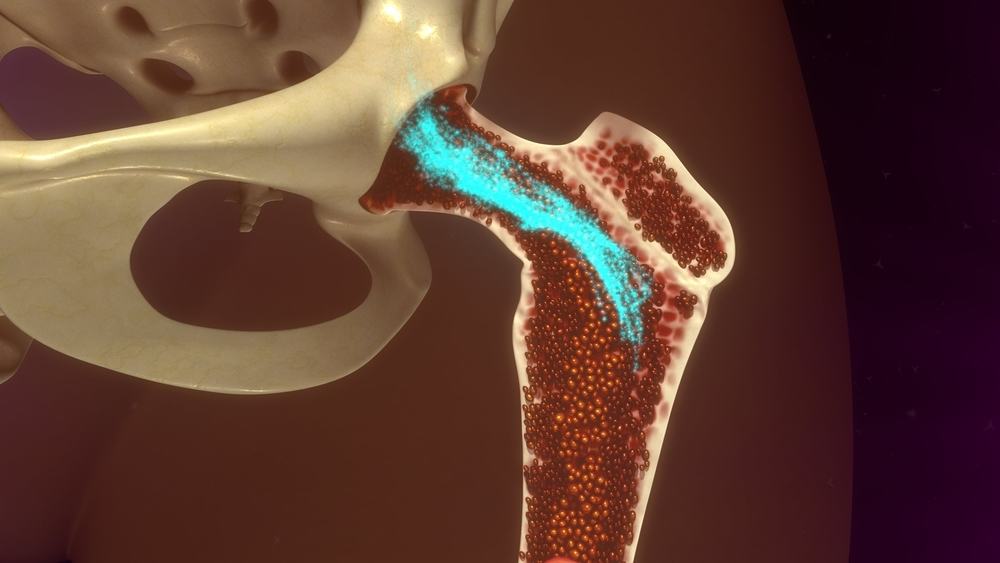Contents:
- Medical Video: What Asthma Looks and Feels Like
- Identify asthma cough
- Asthma cough symptoms
- Diagnosis and treatment
- Prevention
Medical Video: What Asthma Looks and Feels Like
Ongoing (chronic) coughing is associated with various diseases, including asthma. According to American Academy of Family Physicianschronic cough lasts for at least eight weeks or more. Persistent cough is one of the signs of asthma. This can also be one of the most disturbing symptoms of asthma if not treated. Learn more about asthma cough and how to treat the symptoms of this chronic condition.
Identify asthma cough
The basic function of coughing is to protect the lungs from developing infections, but coughing can also make you frustrated. There are two types of cough: productive and nonproductive. When a cough is described as productive, it means that coughing expels phlegm, also allows the lungs to escape from harmful substances.
Coughing in people with asthma can help because it's one of the body's natural defense mechanisms. Productive asthma cough will expel phlegm and mucus from the lungs. However, most cases of asthma cough are considered unproductive. In other words, it is a dry cough, which is a response to compelling irritation bronchial tube for spasm (or constriction)) Asthma is characterized by swelling (inflammation) and narrowing of the airways, which causes a type of unproductive cough. Asthma cough is also often accompanied by wheezing. This is a high-pitched whistling sound, which is a result of narrowing of the respiratory tract.
Asthma cough symptoms
Coughing is indeed the most common symptom of asthma. In fact, sometimes the only symptom of this condition. However, when finding out whether your cough is caused by asthma or not, it might help to assess other potential related symptoms that you might have. Other asthma symptoms may include:
- chest tightness from excessive coughing
- wheezing
- tired from coughing at night
- difficulty exercising
- prolonged illness and infection
- hard to breathe
With the presence of asthma, coughing can be annoying, especially at night. Makes it difficult for you to sleep well and sometimes requires special care. Night cough is most often associated with asthma or other respiratory problems such as emphysema.
It is also important to understand symptoms that are not related to asthma cough. Look for emergency medical help if your cough is accompanied by:
- chest pain
- coughing up blood
- high or persistent fever
- loss of appetite
- night sweats
- difficulty speaking because of difficulty breathing
- discoloration due to difficulty breathing
- limp
Diagnosis and treatment
Before you start the treatment for asthma cough, your doctor may take a breathing test to measure your lung function. These tests can also be done regularly to measure the effectiveness of the medication you are using. According to the Mayo Clinic, these diagnostic tools are most effective in patients aged 6 years and over. Your doctor may also do an allergy test if they suspect your cough is a symptom of allergic asthma.
Control drugs are the most commonly used treatment for asthma. Inhaled corticosteroids help reduce lung inflammation, one of the causes of asthma cough. This is used in the long term, unlike oral corticosteroids, which are used for a short period of time during severe recurrence.
A fast reliever inhaler is prescribed to always be within range if wheezing and coughing recur. Most are included in the class short-acting beta-antagonists. According to American Academy of Allergy, Asthma, and Immunology, fast reliever inhalers are generally intended to be used once or twice a week. The doctor may also suggest that they be used before exercising, or during illness. Call your doctor if you rely on this drug more often than recommended.
Asthma cough can also be reduced through long-term oral medications such as leukotriene modifiers. One of these drugs is called montelukast (Singulair). Working to treat asthma symptoms associated with allergic rhinitis.
Alternative medicine can help asthma cough, but they must be included as complementary care. Never stop using prescription drugs for homeopathic medicines. Ask your doctor if the following techniques can help cough up your asthma:
- acupuncture
- herbs, such as dried ivy and gingko
- hypnosis
- meditation
- yoga breathing (pranayama)
Prevention
In addition to treatment, you can help reduce the incidence of asthma cough with changes in several lifestyles. For example, put humidifier in your room can help relieve coughing at night. You may also have to limit outdoor activities if the air quality is bad.
You should also avoid irritants and triggers that can worsen your cough. This might include:
- cigarette smoke
- chemicals and cleaners
- cold air
- dust
- low humidity
- pollen
- pet fur
- viral infection
If your asthma is aggravated by allergies, you may also need to prevent and treat allergen exposure before your asthma symptoms get better.
Asthma itself cannot be cured. However, symptoms can be managed to help you live a more comfortable lifestyle. Treating asthma symptoms such as coughing is also important in preventing lung damage, especially in children. With good control, your cough can subside so you can move normally again. Be sure to contact your doctor if your asthma cough does not subside even after treatment.












